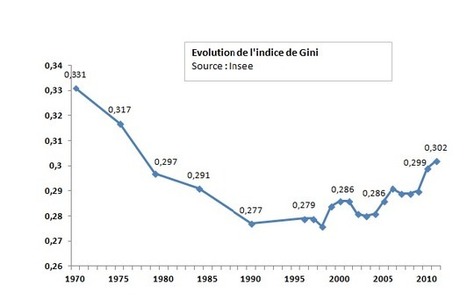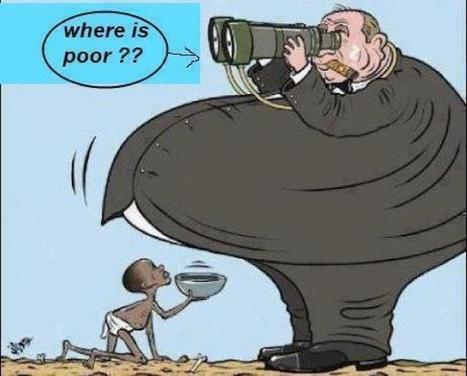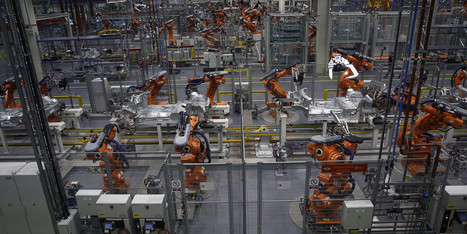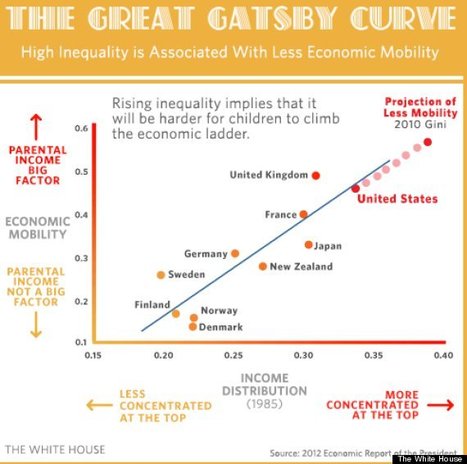As we previously noted, only the highest income earners have seen any gains in compensation since the crisis began around 2007 to the current 'recovery' tops. It is perhaps not entirely surprising then that, the total income controlled by the Top 1% is drastically above that of the slave-included times of Ancient Rome and as high as the peak in the roaring 20s. "The greatest irony is that the President is railing against inequality as one of the most important problems of the day, despite the fact that his policies are squeezing the middle class and causing the Fed – with the President’s encouragement – to engage in the radical monetary policy, which is exacerbating inequality. This simple truth cannot be repeated often enough."
Research and publish the best content.
Get Started for FREE
Sign up with Facebook Sign up with X
I don't have a Facebook or a X account
Already have an account: Login
Converger vers les sujets qui nous font réfléchir autrement... parce que notre richesse est ailleurs !
Curated by
Christophe CESETTI
 Your new post is loading... Your new post is loading...
 Your new post is loading... Your new post is loading...
|

Peter C. Newton-Evans's curator insight,
January 31, 2014 10:25 AM
There are several other sites discussing the implications of the Gatsby curve and related measurements. Food for thought... |


















